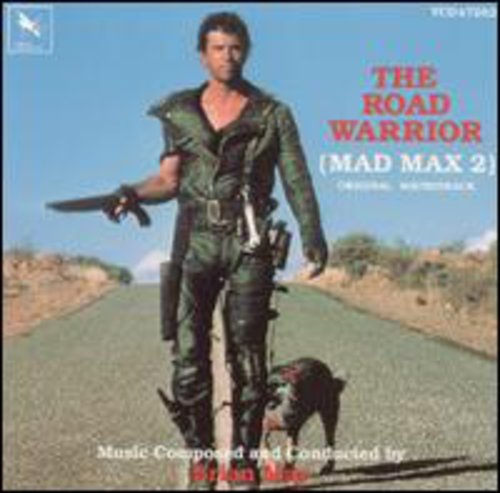

Because of their influence, he becomes upset when he learns his parents are going to have another baby (Emily). He finds himself in the company of other teenagers who are critical of his parents for having such a large family and advocate philosophies such as zero population growth and legalized abortion ("Zero Population"). Jimmy is a typical confused teenager, influenced by peer pressure and rebellious against his parents. Julie promises she'll wait for him ("Will I Wait For You?"). Julie finds herself desperately in love with Wally Kestler, who is now leaving to serve a two-year mission. However, finding themselves on Earth and living a mortal life, no one remembers the promises they made before they were born.

Julie-the second-oldest daughter-and Tod-another spirit in the pre-mortal life-promise each other that, while on earth, they will somehow find each other and get married ("Circle of Our Love"). The oldest, Jimmy, promises Emily he will personally see to it she will be born into their family. The youngest, Emily, is afraid that when her turn to be born comes around, their parents will be tired of having kids, and she won't be born into their family. While waiting in the pre-mortal Life to be born, a family of eight children promise each other that they will always be there for each other ("Pullin' Together").
SATURDAY WARRIOR SOUNDTRACK MOVIE
How was Matthew Lewis "Ernie" in the 1973 version of Saturday's Warrior when he was born 16 years after the movie was made? In 2016, de Azevedo and Stewart produced another filmed remake with a more naturalized look. Stewart wrote two sequels, Star Child (music by Gaye Beeson) which debuted in 1981, and The White Star (music by Janice Kapp Perry) which debuted in 2007. It is among the first popular LDS films to not be made or sponsored by the LDS Church or BYU. Bob Williams made a video version of the musical in 1989, setting it on a stage as opposed to giving the movie a more naturalistic look. In early spring 1974, the play was performed at Brigham Young University's (BYU) Spring Arts Festival by a cast of BYU students. Saturday's Warrior was first performed in California in 1973 as a college project. It depicts abortion and birth control as being contrary to the divine plan of salvation. The musical explores the Latter-day Saint doctrines and views on the premortal life, foreordination, and eternal marriage. Although no explicit time frame is given in the dialogue, certain contextual clues (in particular, a song that references the Zero population growth movement) suggest that the story takes place in the then-current and then-recent period of the late 1960s or early '70s, similar to other religious musicals such as Godspell and Jesus Christ Superstar. Two of the children, Jimmy and Julie, encounter personal struggles that help them rediscover and fulfill their foreordained missions in life. The musical tells the story of a group of children that are born into a Latter-day Saint family after making various promises in the premortal life.

Saturday's Warrior is a religious-themed musical written by Douglass Stewart and Lex de Azevedo about a family who are members of The Church of Jesus Christ of Latter-day Saints (LDS Church).


 0 kommentar(er)
0 kommentar(er)
